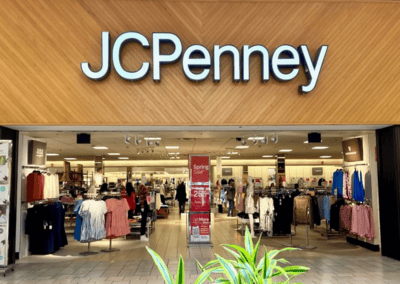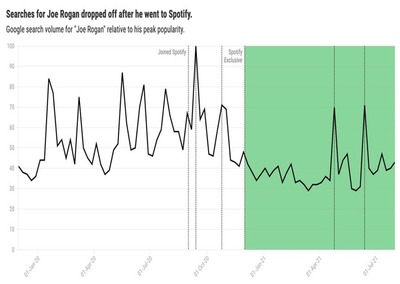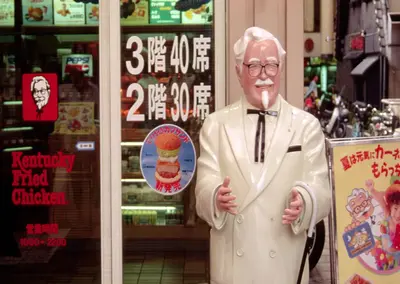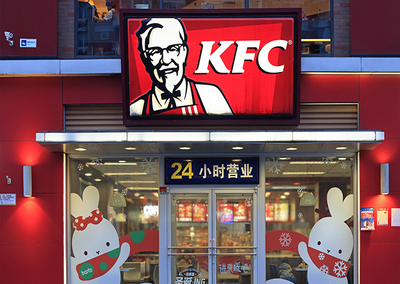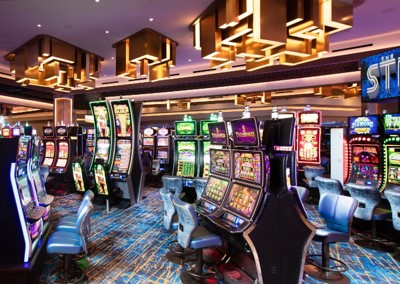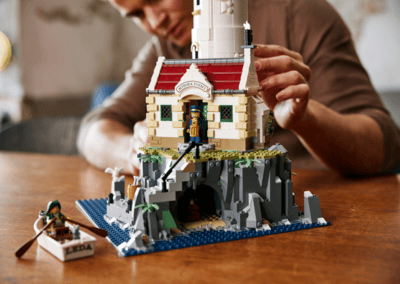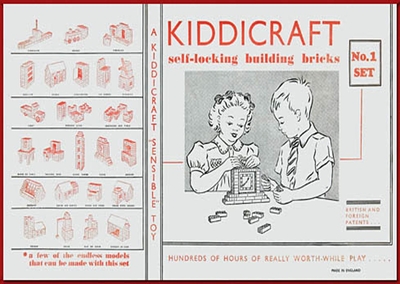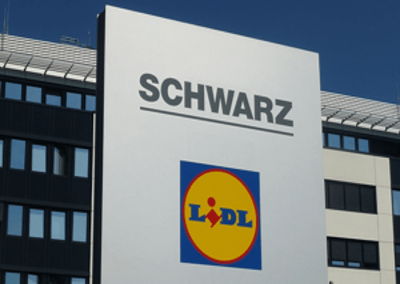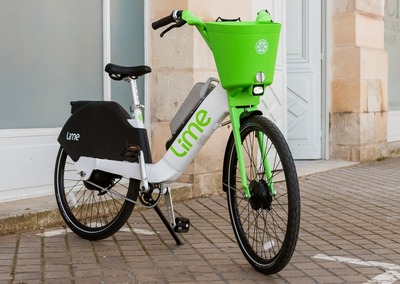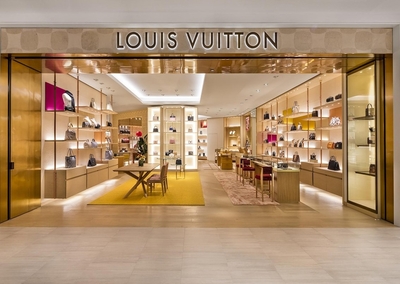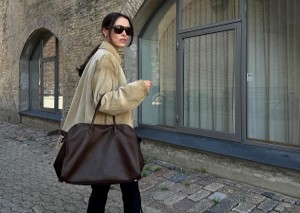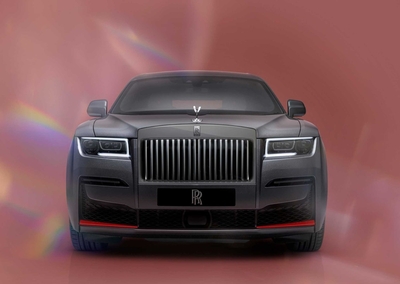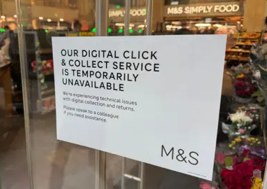When the retailer eliminated coupons in favour of “fair and square prices”, and sales tanked, it learnt an important lesson: a discount feels much more attractive than fixed price, even if the total cost is exactly the same.
Business & Brands
Beware restrictions on distribution. Joe Rogan’s exclusive deal with Spotify caused a decline in search volumes and – as the linked article notes – fewer followers for guests who appeared on the podcast. Reach still matters, even for someone as famous as Joe Rogan.
Booking site Kayak shows customers each airline it searches for. It takes more time, but it signals the effort that is going into the search.
In America KFC is a fast food chain, but in Japan it represents a sacred Christmas tradition. Restaurant sales are 10x higher than normal on Christmas Eve, any many customers now pre-order their chicken dinners months in advance to avoid hours of waiting in line.
KFC, the beloved American brand, generates 85% of its revenue from outside the US. One third of it comes from China.
Blackjack and poker might be the quintessential casino games, but they don’t drive the bottom line. 70% of Las Vegas gambling revenue is from slot machines, which brought in $10.5B last year (for comparison, the entire US box office in 2024 was $8.5B).
Lego’s research revealed that its toys weren’t just appealing to curious children, but adults who wanted to relive their childhoods. A series of 18+ product innovations have since become bestsellers; including the 2,048-piece ‘Friends apartments’ (based on the sitcom), a 11,695-piece ‘World Map’, and the Mos Eisley Cantina from Star Wars. In fact adults now account for 25% of sales in the wider toy industry, according to the NPD group.
In the 1930s, English toymaker Hilary Fisher Page was selling a system of ‘self-locking building bricks’ called Kiddicraft. It then became the main inspiration for Lego, as the company will readily admit.
Lidl owner Schwarz Group has a standalone unit that offers cloud computing to corporate customers. It generated €1.9bn in annual sales in 2023, and its clients include Germany’s biggest software group SAP and the country’s most successful football club Bayern Munich.
When electric bikes run out of charge their batteries need to be replaced. Lime cut their battery costs in half by moving from fixed batteries to swappable batteries, so employees could charge bikes there and then, rather than having to drive them back to the warehouse to charge overnight.
Hard Numbers, a PR company, claims that bosses of unicorns – start-ups worth $1 billion – who post regularly on LinkedIn and have lots of followers are more successful at raising money. But does one really lead to another? Or is the more likely case that successful business owners end up attracting lots of followers?
Louis Vuitton is one of few brands that never discounts products. “Items advertised as discounted on the Web are invariably fake,” it states online. This is a smart decision for the luxury brand, which realises that doing so retains the value of the products while sending the confident message that the original price is exactly as it should be.
Gone are the days when luxury bags flaunt a giant logo. The Row is one of the trendsetting brands that, according to the founders, shows how something made “beautifully, in great fabric, with good fit, can sell without a logo or a name on it.”
Rolls Royce reported a £5.4 billion loss in the first half of 2020. Like many luxury car brands, the pandemic had wiped out demand – but it proved to be temporary. In 2023 it delivered more cars than any other year in its history, and its share price was up by 150% compared to before the pandemic.
It wasn’t fancy technology that resulted in £300 million lost profit for M&S. As CEO Stuart Machin bluntly told reporters, it was “human error.” Attackers used social engineering to trick helpdesk staff into handing over access: they rang support desks posing as internal IT, obtained credentials or password resets, and then infiltrated the M&S network.

